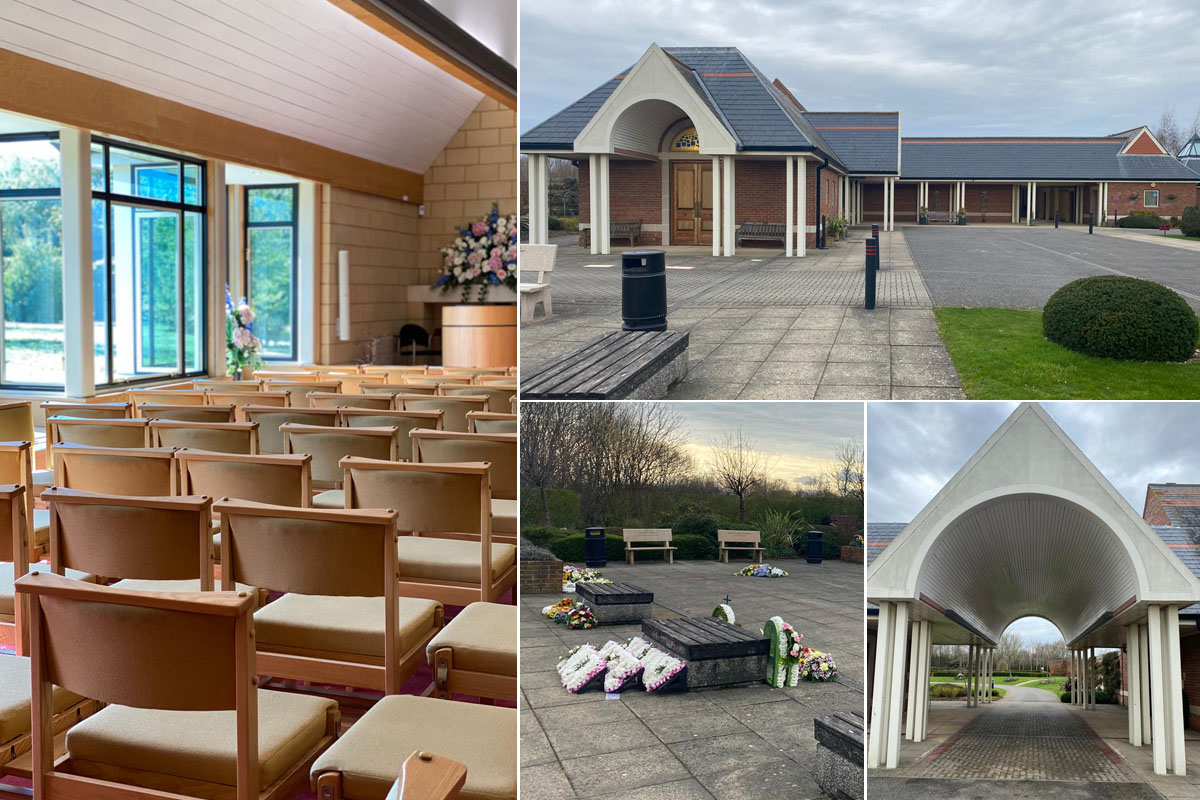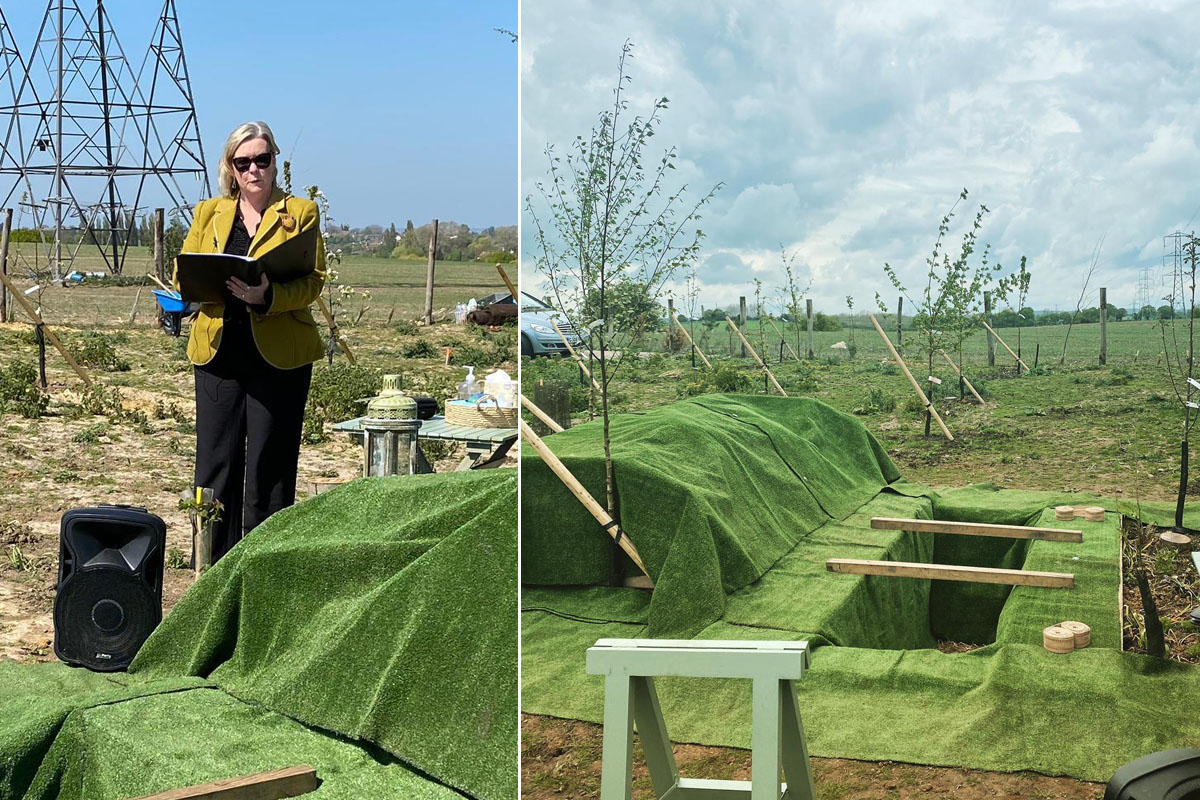There are many procedures that will need to be undertaken. What needs to happen first will depend on the circumstances of the death and whether the person died in hospital, at home, a public place or overseas. This will also affect the type of documentation that you will be given.
There are also many people who will need to be informed of the death. You can find more information about letting people know in this section.
At hospital
If the deceased has died in a hospital and you are the named next of kin, the hospital staff will inform you.
If the person who has died had registered for organ or tissue donation and they are eligible, the transplant coordinator at the hospital will talk to you as the organs and tissues for transplantation have to be removed very soon after death.
Many hospitals have bereavement staff who coordinate the issue of documentation and explain the procedures to you. In other places this may be done by the ward staff.
Please note that preparing the documents takes time as they can only be completed by medical staff who were directly involved in the care of the patient whilst they were alive. Most hospitals operate appointment systems for collecting documents and belongings of patients who have died.
In some cases the hospital medical staff will have to refer the death to the coroner. This means they will not be able to issue the Medical Certificate and the coroner’s officer will give you further information about when you can register the death.
You may be asked to sign formal documents so the belongings of the deceased can be given to you.
You will be asked to contact a funeral director who will arrange to collect the deceased from the hospital. You may need to sign a form authorizing the funeral director to take the deceased to the funeral home.
At home or in a care home
If the death was unexpected, you should dial 999 and ask for an ambulance and police immediately. The paramedics will confirm the death. Leave the area untouched. The Police will come to the address where the death has occurred to make a report.
The police will arrange for the body to be moved by a funeral director acting for the coroner if the death is unexpected. If a doctor has confirmed an expected death you may call a funeral director of your own choice when you are ready to do so. Funeral directors provide a service any time of day or night to move the deceased to a funeral home.
If the doctor is unsure about the actual cause of death even if it was clearly from natural causes, or if the deceased died suddenly and had not been under a doctor’s care during the past 14 days, or the death is unnatural, they will contact the coroner. The coroner may order a post mortem examination to determine the cause of death and then issue the documents allowing the death to be registered.
If the death was expected, perhaps due to a terminal illness, you should contact the deceased’s GP or nearest doctor.
If the cause of death is known and from natural causes the doctor will issue the documents to allow you to register the death.
In a public place
A public place refers to anywhere that is not a care facility or someone’s home. This might be a hotel, a school, sports club or a street. Usually the emergency services, i.e. the police and an ambulance, are called because the death is unexpected.
If the death appears to have been natural but the ambulance service feels that further resuscitation and transfer to hospital is not required, the police will usually arrange for the funeral director working for the coroner to remove the body to the nearest public mortuary (this may be located at a hospital). The ambulance service may do this if the deceased person is located in a very public place, such as a shop.
As most deaths in public places are unexpected, they are reported by the police to the coroner who will usually order a post mortem examination unless a doctor has been treating the person for a condition which might have caused a sudden collapse.
If the death was unnatural, the police will be in charge of the area and will arrange for a funeral director working for the coroner to remove the body to the nearest public mortuary. This may be at a hospital.
Overseas
If the death occurs overseas, the registration process in that country must be followed in order to obtain a death certificate. Please see the section under Registering a Death for more information.
You can arrange to have the funeral overseas if you wish. However, if you would prefer to return the deceased back to the UK you must use professional funeral directors who will be able to advise you on the practicalities. This will include obtaining necessary documents from:
• The Registrar of Deaths and sometimes the Coroner in the UK
• The documents needed from the country of death
• The British Embassy or High Commission
Remember to discuss the costs of the repatriation with the funeral director before confirming any arrangements and be certain that you can pay these or that they are covered by an insurance policy.
Call us for help with finding your nearest coroner or funeral director.


